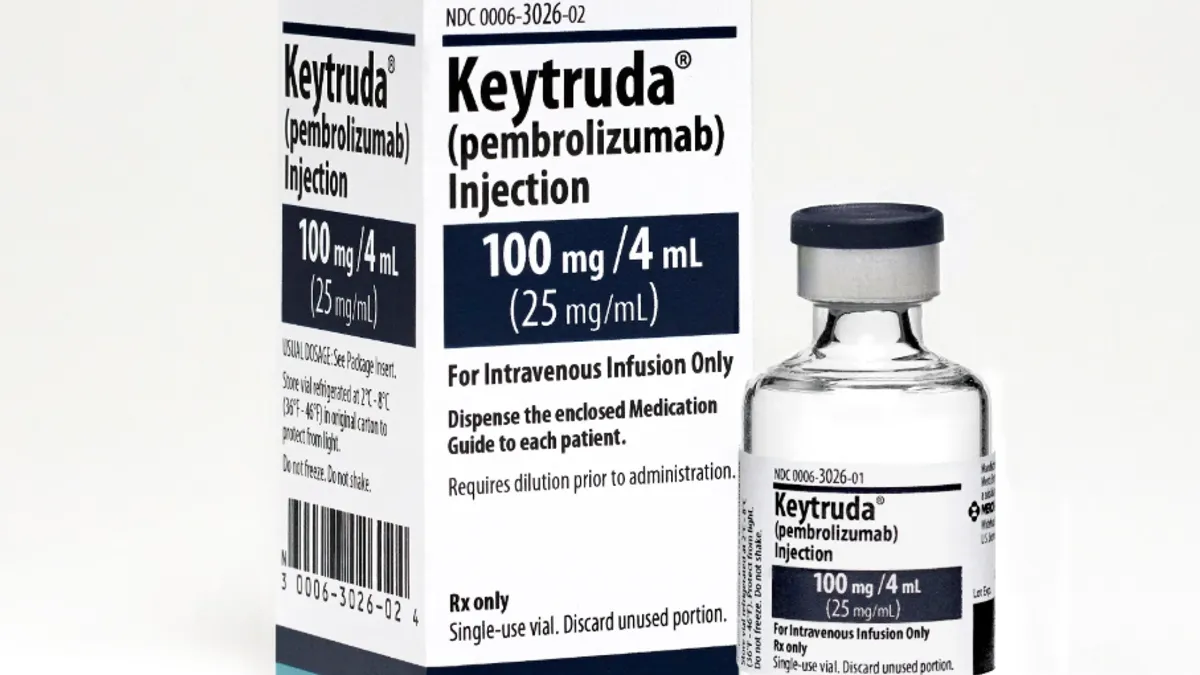Today, global biopharma and medical device companies lament their inability to effectively harness the wealth of data they  generate to help guide their thinking and inform decisions. The result is that organizations require valuable resources to spend enormous amounts of time preparing reports that often contain outdated and incomplete data across global geographies.
generate to help guide their thinking and inform decisions. The result is that organizations require valuable resources to spend enormous amounts of time preparing reports that often contain outdated and incomplete data across global geographies.
Global trial oversight is daunting and challenging. While only 6% of actively recruiting trials listed on clinicaltrials.gov are both multinational in scope and include sites in the United States, more than half (54%) of the active studies are non-U.S. based; though a sizable percentage of this second group engage study sites in multiple countries. The remaining 40% are trials that rely solely on U.S.-based research centers.
Data updates that reflect the “here and now" are vastly better than trying to make decisions based on three to five-day old information — particularly on a global basis. Companies that suffer from this data lag may be at a competitive disadvantage to their peers that can react more agilely, the difference between being first or second or third-to-market.
Procuring technology solutions that can aggregate, organize and assure data quality, security (and privacy) to provide meaningful insights to all key stakeholders (sponsors, CROs, investigators, and patients), is critical to overcoming the challenges associated with managing increasingly complex, global development programs. But the solutions need not be complicated. Straightforward business processes and technology applications that provide configurable analytics and reporting platforms that accept near real-time data feeds can have an enormously positive impact.
One way companies can eliminate data lag is to employ proactive performance management (PPM) (including risk-based project management and monitoring) practices. For PPM to be effective, three characteristics and capabilities need to exist:
1. Organizations need to adopt a quality-driven, risk-based approach to all components of study planning, design, execution, and reporting, including risk-based monitoring (RBM);
2. Data need to be timely and available when needed;
3. Information should be assembled in intuitive, end-user friendly, presentation formats so that the “picture" each individual sees permits them to focus attention on the critical elements within their respective sphere(s) of responsibility. These visualizations and analytics should help formulate the right questions in order to drive appropriate risk-based avoidance and/or mitigation activities.
Employing a risk-based PPM model means that organizations prospectively take time to think about how to address critical risks and issues that may arise during a study. To gain visibility to these emerging problems, analytics and reporting platforms should be designed to help the clinical trialist ‘zero in’ on what is important by signaling those items that are approaching or have exceeded predefined threshold boundaries. The most valuable technology platform systems also possess an extra ingredient; not only can they identify risks, but they also make the information actionable by suggesting actions to be taken (or record why not taken); documenting the results of the actions; capturing their timeliness, describing who was involved and if the issue was escalated, and assuring that all of the activities are fully auditable and traceable. All of these features help stakeholders develop a culture of continuous learning and afford organizations the knowledge to proactively apply the learnings to other studies. Moreover, traceability and auditability of the actions taken, including preventative activities, satisfies regulatory requirements that serve to prove that the sponsor and CRO implemented “procedures necessary to secure the quality of every aspect of the trial."
Transforming Clinical Trials Through Proactive Performance Management
Successful companies will exploit PPM to avoid, adjust to, mitigate, and remediate problems. Embracing quality-by-design (QbD) methodology coupled with a risk-based project management and monitoring approach that harnesses data to provide clear visibility of all facets of a program will permit organizations to learn and adapt more rapidly, providing — (even temporary) — strategic advantages. These capabilities fundamentally change a company’s way of working and permit individuals, by prospectively defining key risks, to focus on issues that matter. Ideally these new business practices will translate into shorter cycle times, improved data quality and enhanced patient outcomes.
These tangible benefits of PPM are seemingly obvious. However, it will take time to collect data that objectively demonstrate the intuitively expected time and cost savings and improved quality measures. To support this industry initiative, Cognizant intends to collaborate with our SmartTrials clients to develop governance practices that include metrics that will quantify a range of critical value measures across the product development continuum.
Notwithstanding the need to collect more data, current literature describing the benefits of RBM suggests that meaningful onsite monitoring cost reductions of 20% to 30% can be realized. Further, TransCelerate’s ongoing RBM assessment program (a battery of eight metrics, Volume IV) reported that: “The majority of the outcomes of the quarterly assessments remain improved or neutral." Over time, the continued accumulation of data will help successful organizations capture these expected benefits. (PV)
Cognizant is a leading provider of information technology, consulting, and business process outsourcing services, dedicated to helping the world’s leading companies build stronger businesses.
For more information, visit cognizant.com



















